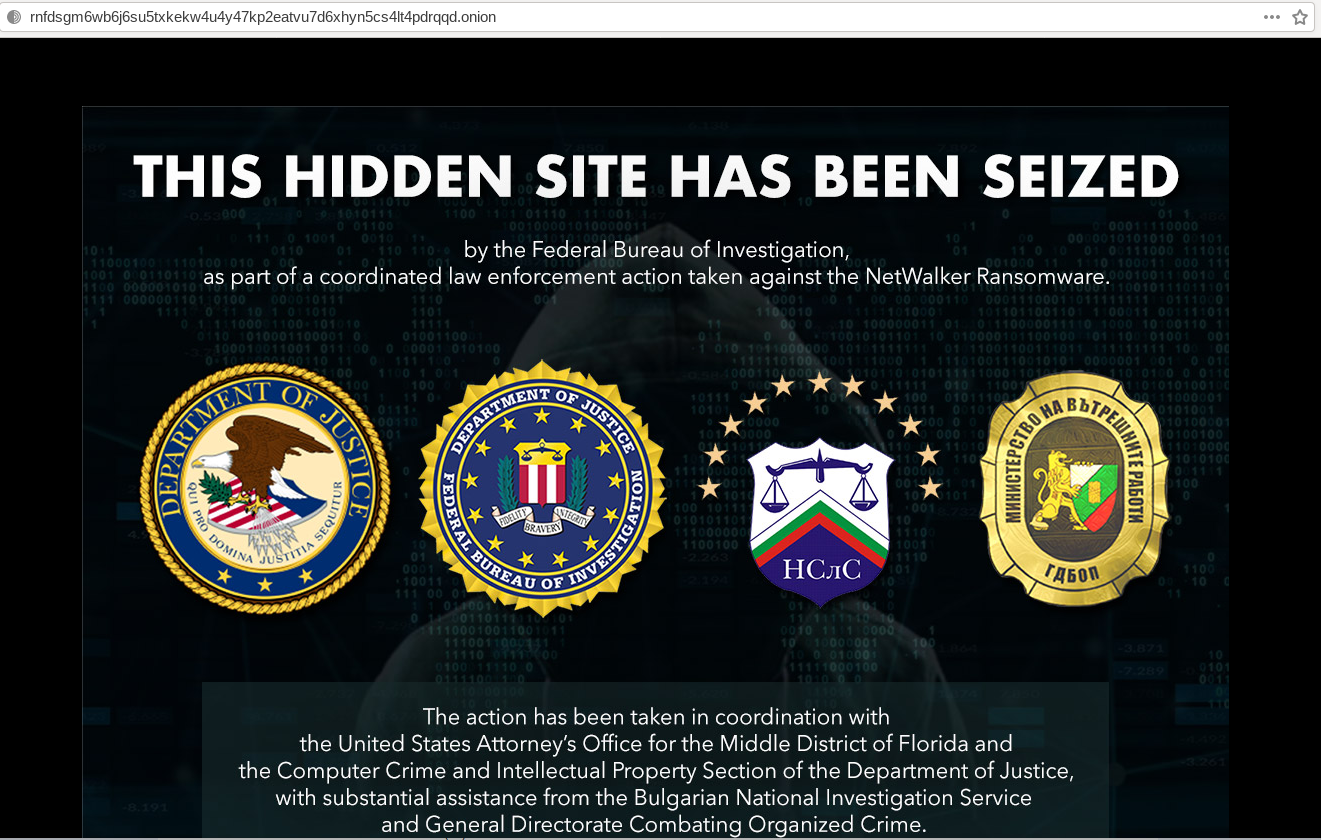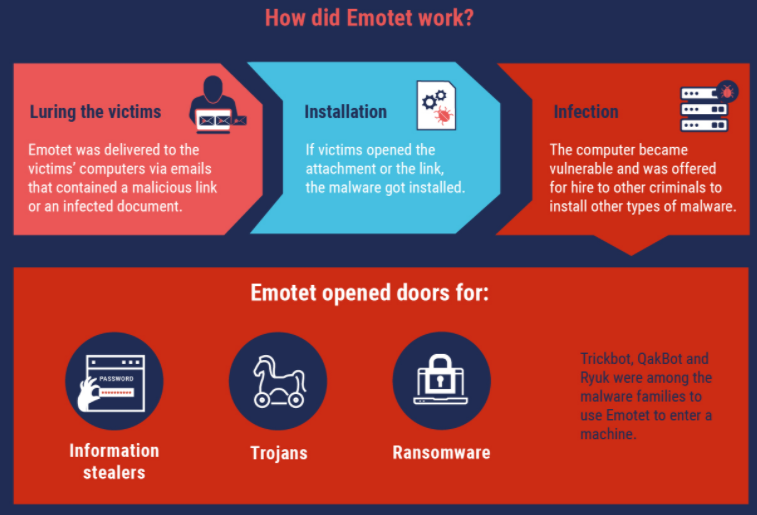‘ValidCC,’ a Major Payment Card Bazaar and Looter of E-Commerce Sites, Shuttered
ValidCC, a dark web bazaar run by a cybercrime group that for more than six years hacked online merchants and sold stolen payment card data, abruptly closed up shop last week. The proprietors of the popular store said their servers were seized as part of a coordinated law enforcement operation designed to disconnect and confiscate its infrastructure.












